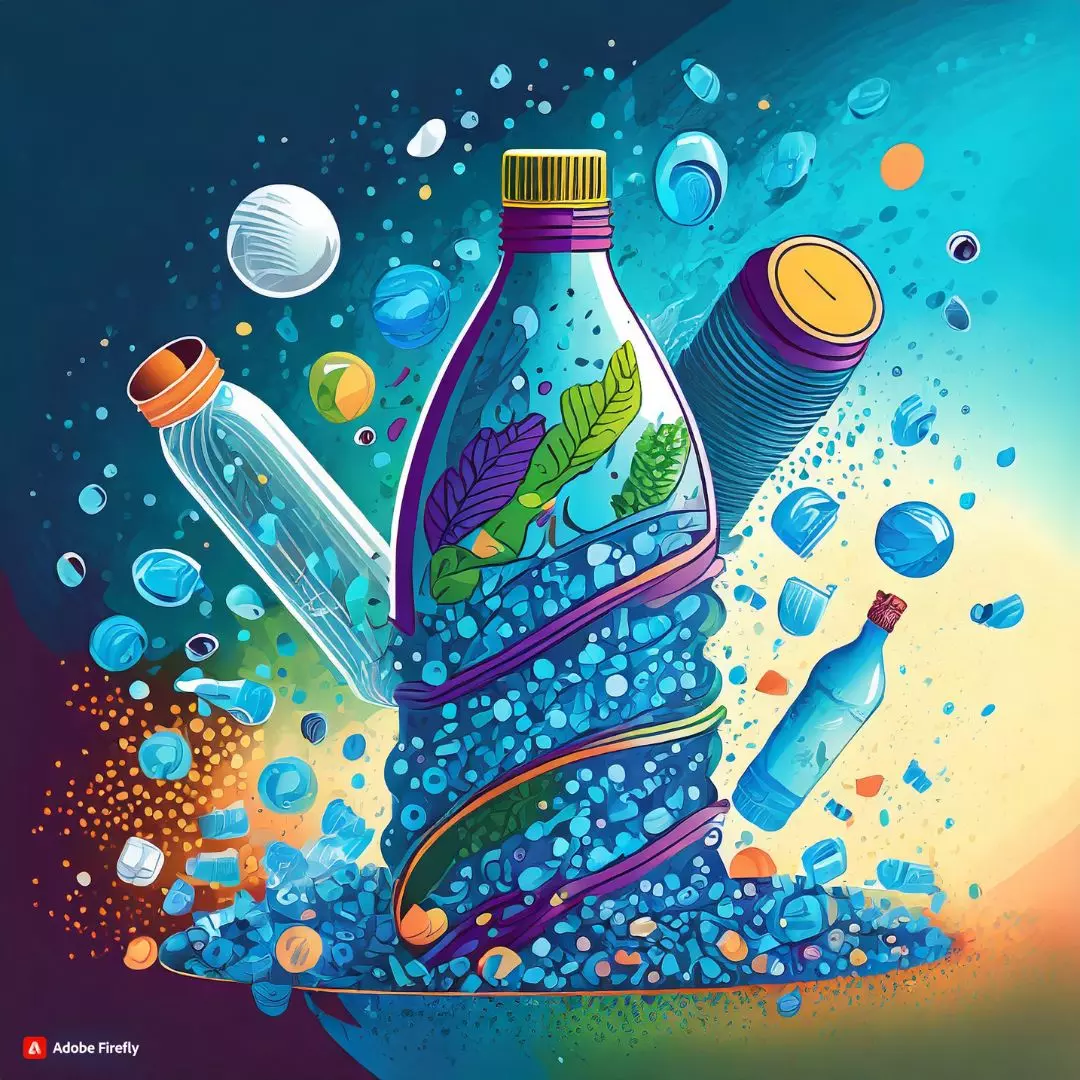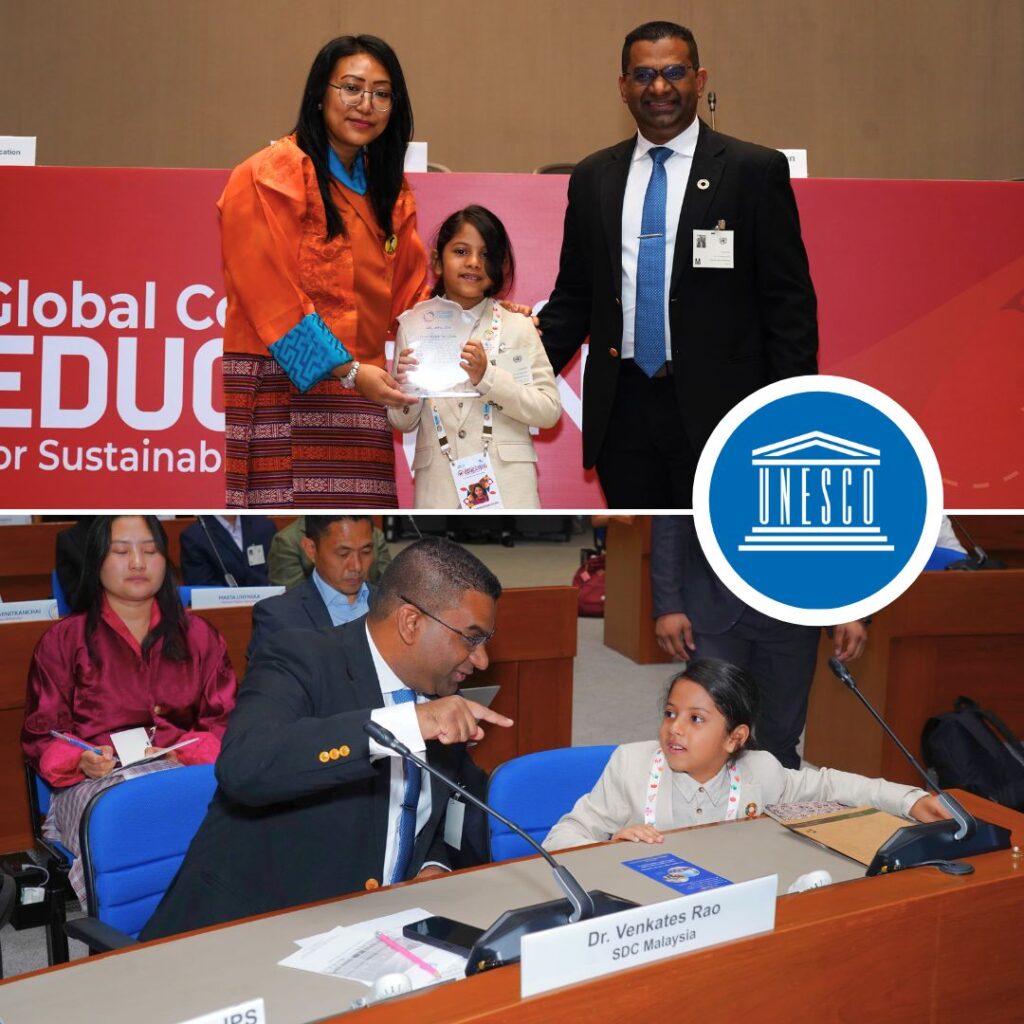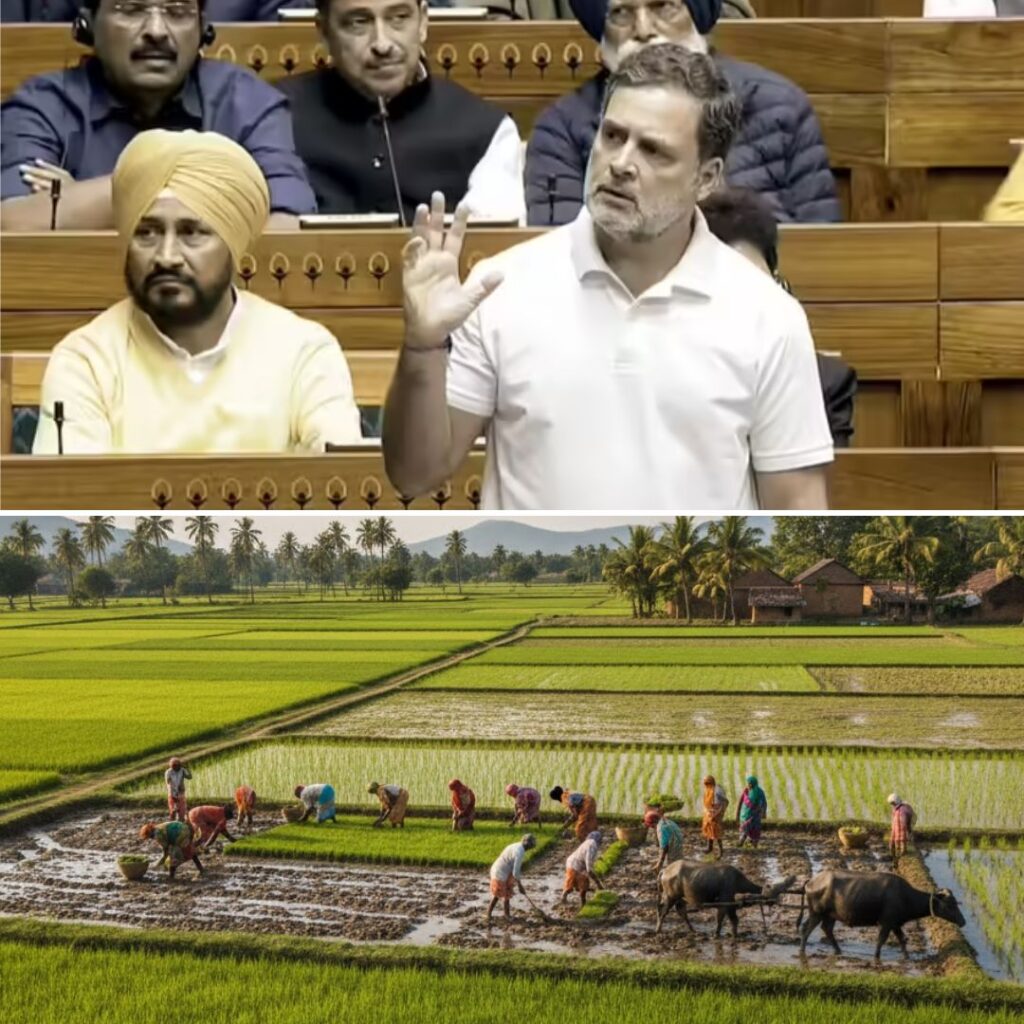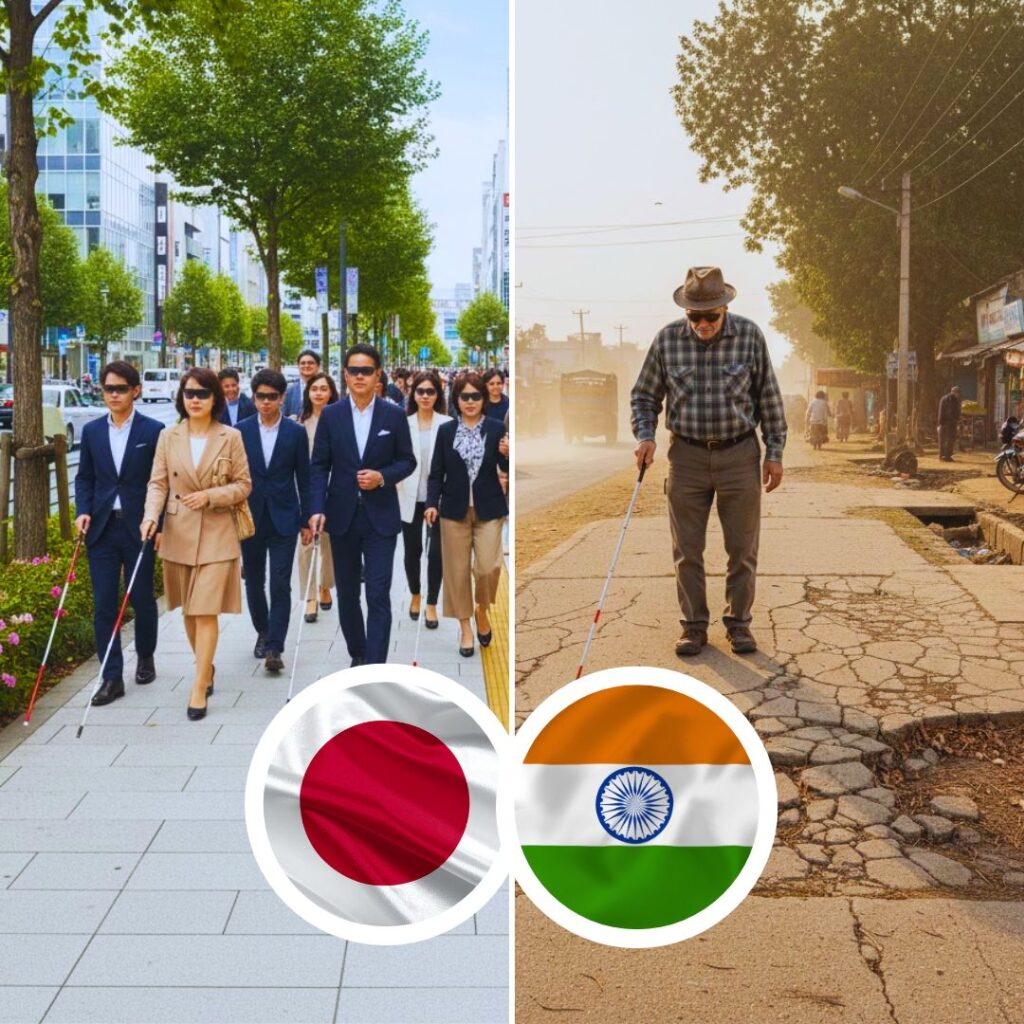In a groundbreaking study conducted by researchers from Columbia University, it has been uncovered that a single litre of bottled water could potentially contain an astonishing 2.4 lakh plastic pieces. While the issue of microplastics has gained attention in recent years, this study delves into the largely uncharted territory of nanoplastics, raising concerns about the potential impact on human health and the environment.
The research, published in the Proceedings of the National Academy of Sciences, focused on three popular bottled water brands in the United States. Using advanced techniques, the scientists analyzed plastic particles down to 100 nanometres in size, revealing a staggering 1.1-3.7 lakh plastic fragments in each litre. Remarkably, 90 percent of these were identified as nanoplastics, measuring smaller than a micrometre.
Co-author of the study, Beizhan Yan, an environmental chemist at Columbia Climate School’s Lamont-Doherty Earth Observatory, emphasized the significance of this discovery, stating, “Previously this was just a dark area, uncharted. Toxicity studies were just guessing what’s in there.” The findings open a new window into understanding the extent of nanoplastic contamination, shedding light on a world that was previously concealed as reported by Deccan Herald.
The study identified several common types of plastics, with polyethylene terephthalate (PET), the material used in water bottles, being the most prevalent. Additionally, the researchers found polyamide, a type of nylon, in significant quantities, potentially originating from the plastic fibers used in water purification processes before bottling. Other commonplace plastics such as polystyrene, polyvinyl chloride, and polymethyl methacrylate were also detected.
What Do Samples Tell Us?
Surprisingly, the seven plastic types specifically targeted by the researchers only accounted for approximately 10 percent of all the nanoparticles found in the bottled water samples. This leaves a substantial portion of nanoplastics unidentified, highlighting the complex particle composition within seemingly innocuous water samples.
The researchers employed a sophisticated technique called stimulated Raman scattering microscopy, involving dual lasers to probe samples and algorithms for data analysis. Lead author Naixin Qian, a graduate student in chemistry at Columbia University, emphasized, “It is not totally unexpected to find so much of this stuff. The idea is that the smaller things get, the more of them there are.”
The study’s findings not only underscore the pervasive presence of nanoplastics in everyday consumables but also emphasize the urgent need for further research into their potential health and environmental impacts. As the scientific community delves deeper into the world of nanoplastics, concerns about the consequences of these minuscule particles on human health and ecosystems continue to grow. With the magnitude of this issue becoming increasingly apparent, the study serves as a crucial wake-up call, prompting a reevaluation of plastic usage and its far-reaching implications.
Also Read: The Culinary Marvel Unveiled: Microgreens Take Center Stage In Indian Kitchens












